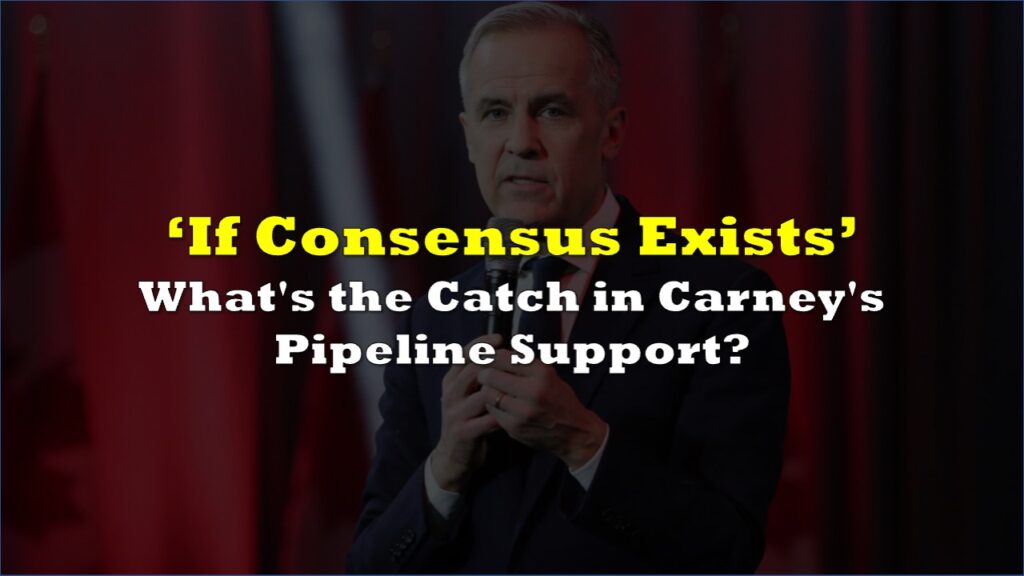Environment Minister Steven Guilbeault has unveiled a staggering price tag for Canada’s commitment to combat climate change: a $690 billion investment in transforming the nation’s electricity sector by 2050. The announcement underscores the government’s push to eliminate fossil fuel use in electricity generation, a critical step in meeting its climate targets.
“Climate change is a growing threat to Canada and the world,” Guilbeault stated in a Regulatory Impact Analysis Statement accompanying the Clean Electricity Regulations (CER). “We are already seeing the costs.”
.@S_Guilbeault in legal notice says climate targets will cost Canadian electric utilities two thirds of a trillion, specifically $690,000,000,000: "Climate change is a growing threat." https://t.co/rbmcLS2DiP @environmentca pic.twitter.com/1z9iFuqsxT
— Blacklock's Reporter (@mindingottawa) December 19, 2024
Electricity generation currently contributes about 8% of Canada’s greenhouse gas emissions. Provinces such as Alberta, Saskatchewan, Nova Scotia, Ontario, and New Brunswick, which heavily rely on fossil fuels, are at the heart of the challenge. The CER targets net-zero emissions in the electricity sector by 2035 and aims to help achieve a net-zero economy by 2050.
A key component of this transition involves shifting households and businesses from fossil fuels to electricity for heating, transportation, and other energy needs. As Guilbeault’s analysis points out, “A net-zero economy will require far more electricity than we use today.”
The projected $690 billion figure accounts for building and maintaining infrastructure to meet increased demand between 2024 and 2050. However, this cost will ripple through the economy, affecting provinces and households unevenly.
According to the Environment Department’s 2023 report, electricity rate hikes are anticipated, particularly in regions without affordable access to hydro or nuclear power. In Nova Scotia, annual household costs could increase by $485 by 2040, while Alberta households may see an additional $154 per year. In Saskatchewan, the rise is projected at $111 annually, and in New Brunswick, $55.
Trade organizations like Energy NL, representing Newfoundland and Labrador’s energy sector, have expressed skepticism about the feasibility of achieving net-zero electricity by 2035 without substantial federal and provincial collaboration.
“To achieve its goal of a net-zero electricity sector by 2035, Canada will need 121 terawatt hours of new supply to replace carbon sources,” Energy NL noted in a submission to the Senate energy committee. The tall order is equivalent to building four new Churchill Falls hydroelectric plants in Labrador, one of the country’s largest generation stations.
They added that doubling or tripling Canada’s current electricity output would require unprecedented investments in infrastructure, new technologies, and workforce development.
Despite the financial burden, Guilbeault and his department argue that the cost of inaction far outweighs the expenses of transitioning to clean energy.
“The costs of climate change are already being felt,” the Regulatory Impact Analysis emphasized, citing extreme weather events and economic disruptions. Moving away from fossil fuels is both an environmental necessity and a long-term economic strategy, the government contends.
Guilbeault’s statement concludes with a message of determination: “We are trying to ensure Canada meets its obligations to combat climate change while providing reliable energy to Canadians.”
Information for this briefing was found via Blacklock’s, Western Standard, and the sources mentioned. The author has no securities or affiliations related to this organization. Not a recommendation to buy or sell. Always do additional research and consult a professional before purchasing a security. The author holds no licenses.









